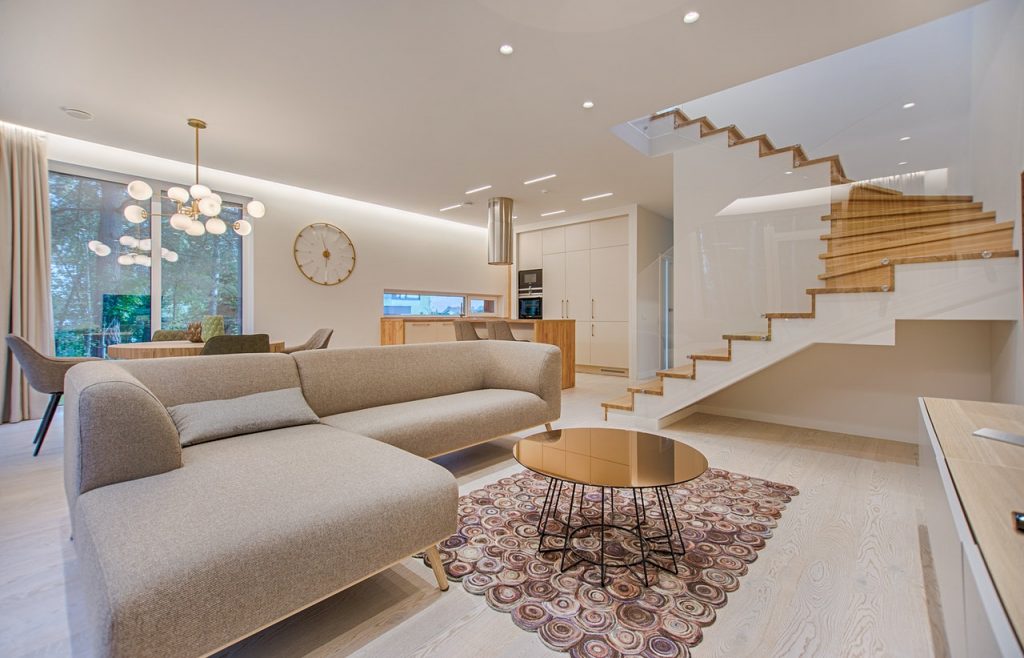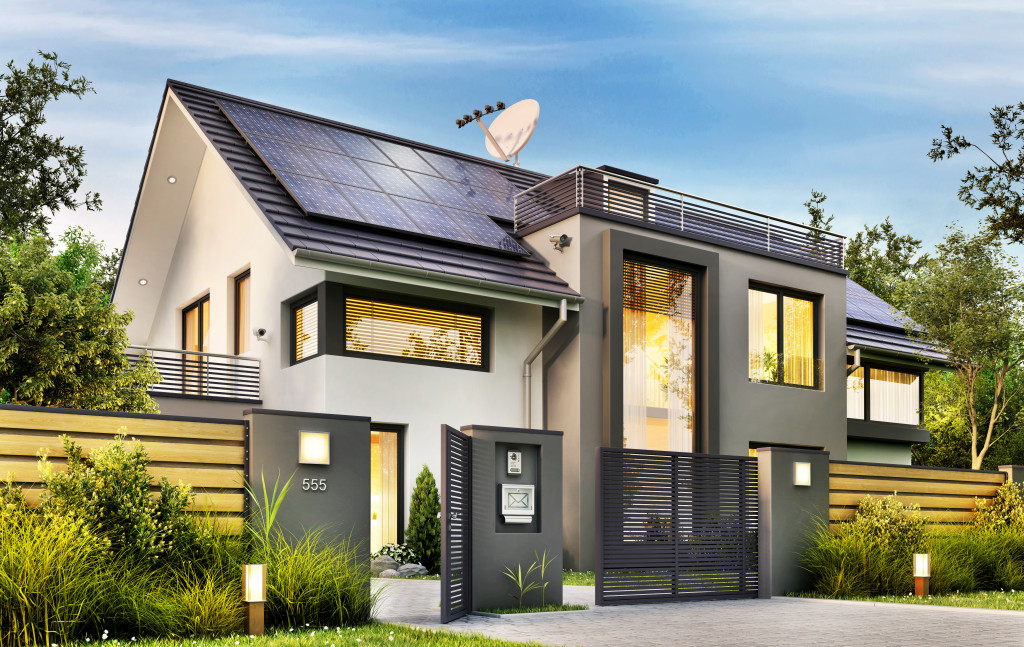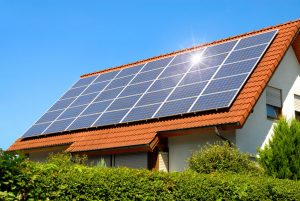Efficient yet sustainable heating, ventilation, and air conditioning (HVAC) systems have been in demand all across the UK as of late. This is important primarily because of the two major crises that the world is experiencing at the moment: the novel health crisis and the worsening climate crisis. As the country continues to struggle with both, more than a year later, the battle has necessarily been transferred into everyone’s homes.
The previous year was largely defined by the sudden outbreak of the global pandemic. This has evidently caused a lot of stress and anxiety as it forced drastic changes to be made. Remote work setups and distance learning became common in order to cope with the health risks that it presented. Likewise, various government restrictions from national lockdowns to shelter-in-place measures were strictly implemented.
On top of all of these, threats of the climate crisis became all the more apparent making people re-evaluate their environmental footprints. Alongside the health concerns, the past year was also riddled with intense and more frequent natural calamities that only exacerbated the unfortunate circumstances that were already present. Now, a genuine need to address both of these crises is needed.
Times of Uncertainty
Domestic air conditioning installations have been on the rise over the past few months as temperatures continue to inch their way up ever so slightly. Early in June of this year, the UK recorded the hottest day of the year so far with temperatures reaching 28.6C in London. Experts believe this could potentially climb up to the 30-degrees mark fairly easily in the coming days.
In line with this, the need for cleaner indoor air quality has also been extremely crucial within the context of an airborne virus like COVID-19. Residents across the UK have changed their perspectives on how their homes influence their overall health. It’s important to note, however, that the energy efficiency of HVAC systems can often be less than ideal.
These compounded issues have necessarily driven the demand of UK residents for more effective indoor cooling without having to sacrifice the sustainability of their homes. To essentially hit two birds with one stone, they should definitely consider some of these eco-friendly solutions to keep their homes from overheating throughout the summer months.
Keep It Cool
Of course, air conditioning remains the most prominent way of beating the heat at home. However, residents should bear in mind that these devices can also consume hefty amounts of energy. Not only is this harmful to the environment, but it can also cost a lot more by massively spiking up utility prices.
This can easily be remedied so long as they make sure to purchase properly sized air conditioning units for the spaces they plan on installing them in. It’s also important to check the energy labels of the products they’re considering to guarantee their energy efficiency, especially as the new rating system in the UK comes into effect.
Moreover, if residents already have existing HVAC systems, they should make it a point to conduct regular maintenance to ensure that it doesn’t present any health concerns in their homes. Clean or replace filters if necessary and drain vents or channels frequently to prevent them from getting clogged.

In the Breeze
Depending on the climate, resorting to natural ventilation should also prove to be a simple way of keeping homes cool during the summer. In order to achieve this, residents should close their windows and doors on warm afternoons but keep them open during cooler mornings or nights.
Doing this regularly can easily cool any home because it essentially prevents warm air from entering or lets it escape depending on whether these openings are open or closed. Natural ventilation also helps to regulate any pollutants or viruses that might be present inside the home.
Residents should also consider other strategies to aid this solution. For instance, utilizing landscaping to shade a home from the heat is a very effective and sustainable method that consumes no energy at all. Adding fans — whether ceiling, window, or standing — is also a proper alternative to keep indoor temperatures cool.
Necessary Changes
Sustainable and healthy homes have become increasingly popular across the UK over the past year precisely due to the overwhelming events that have transpired. The shift to eco-friendly housing is largely up to the residents, but it also helps that the Government has implemented various schemes to hasten this relevant transition.
These programmes, like the recently ended Green Homes Grant, are largely geared to aid the country’s goal of becoming net-zero by 2050. Nonetheless, UK homes have been undergoing massive changes to safeguard everyone’s health along with the environment’s integrity.






